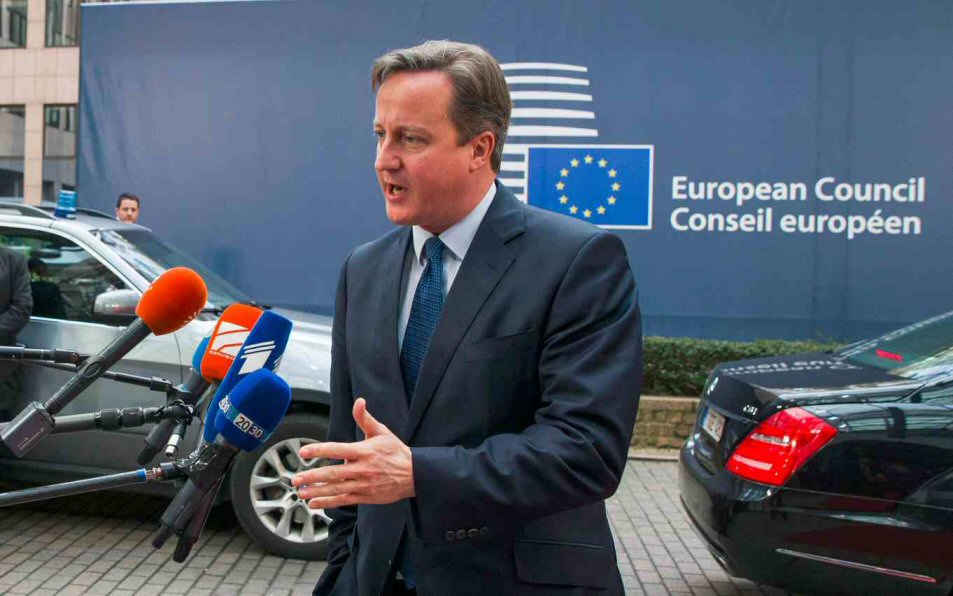In a post last month, I made some estimates of the likely impact of Brexit on the CAP budget and which member states would have to stump up if overall CAP spending were to be maintained following a UK exit from the EU. These estimates were based on particular assumptions about how to calculate member states’ notional contributions to the CAP budget and how to calculate the CAP share of the overall UK rebate.
Of course, Brexit would have budgetary consequences not only for the CAP but for the UK net balance of contributions to all EU policies and for the overall EU budget.… Read the rest


